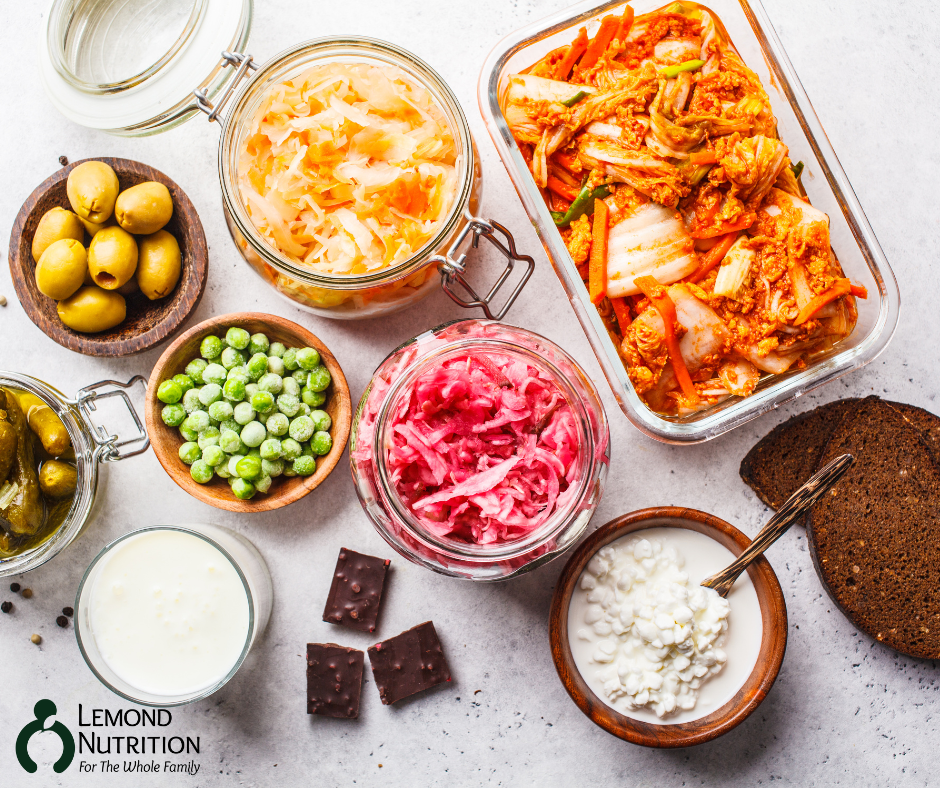3 Tips to Navigating Eating Disorder Recovery During the Holidays
With the holidays quickly approaching, excitement is filling the air. For some, this time of year may also bring about a large amount of anxiety due to what often is painted to be food-centered family gatherings. By now, you may know what your travel plans entail, but you may still be up in the air about how to navigate the holidays during recovery from your eating disorder. Whether it is the food itself or the social eating situation that heightens emotion, these quick tips will help you stay recovery-minded this holiday season.
Tip #1 Follow Your Meal Plan
Stay the course and aim to follow your meal plan. This may take some extra planning during this time of year, but it can be done. Your dietitian can help you plan out the meal or even review portions with you if needed. If you find yourself getting off track, then aim to get back on track at the next meal or snack. Remember there is no need to compensate or try to "fix" anything with restriction. People often will skip meals on the day of the holidays, but this ultimately puts you at risk for engaging in behaviors due to restrict / overeat cycles that it can prompt. If you get off course then just aim to do the "next right thing" and have your next scheduled meal or snack. This is a great time to ask your dietitian about how to handle practicing flexibility with your meal plan and how to plan out the meal.
Tip #2 Stick to Your Routine
Holiday schedules tend to get a little chaotic. It may be tempting to cancel your appointments with your treatment team, but now is an important time to have additional support. Aim to prioritize your appointments and don't be afraid to ask for an extra appointment if needed. If you plan to travel for the holidays, then make a point to take your coping skills with you! For example, if you typically journal every night then this will likely be a beneficial tool for you to take with you on the road. If you are needing other tips on how to use your coping skills and which skills may serve you best, then I encourage you to further explore this with your counselor.
Tip #3 Advocate for Yourself
If you know that you may need extra support with family visiting or when traveling, then try to establish a support member that you can turn to. You could create a signal or a phrase that would indicate to the person that you may need them to change the subject when uncomfortable or triggering conversations may be occurring at the table. Remember that it is okay to give yourself the freedom to remove yourself from the gathering for a few moments if you find that you are feeling overwhelmed in order to bring your anxiety down to a more manageable level. Consider finding out what will be served in advance, so you can plan out your meals in advance if that is something that is helpful to you.
Holidays can be tricky. Breathe. Give yourself some grace. Do your best and lean into your support system. Don't hesitate to express your concerns to your trusted team or family members. We are here to help!
About Lauren Martin
No information on this site should be used to diagnose, treat, prevent, or cure any disease or condition.










